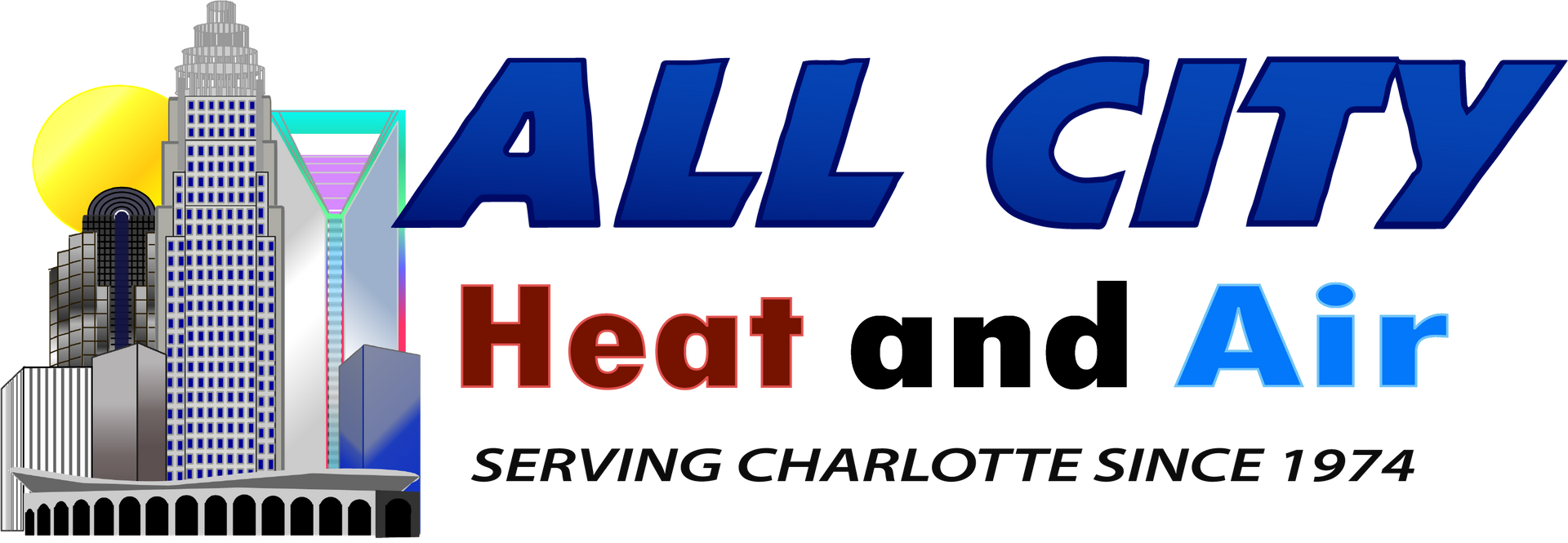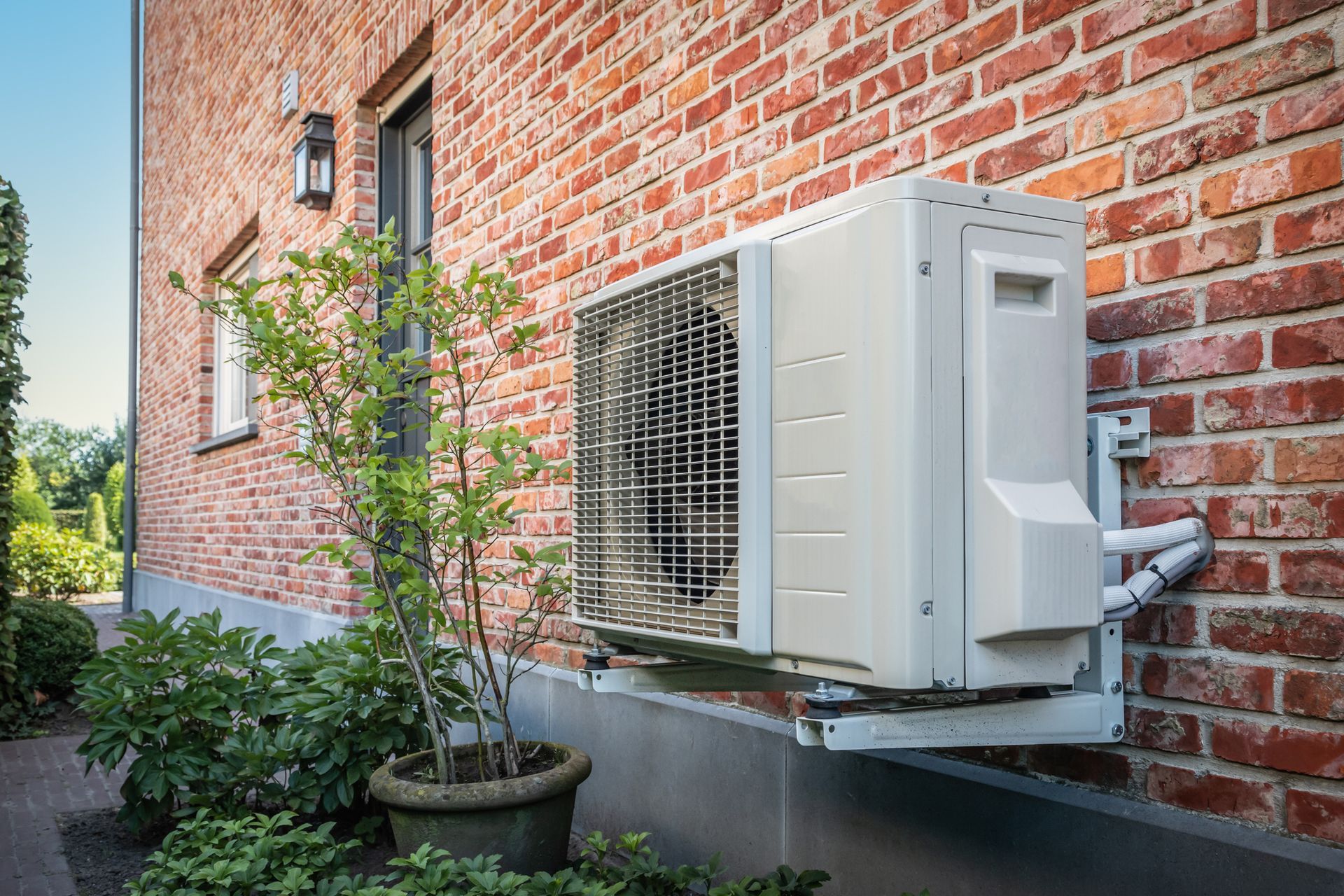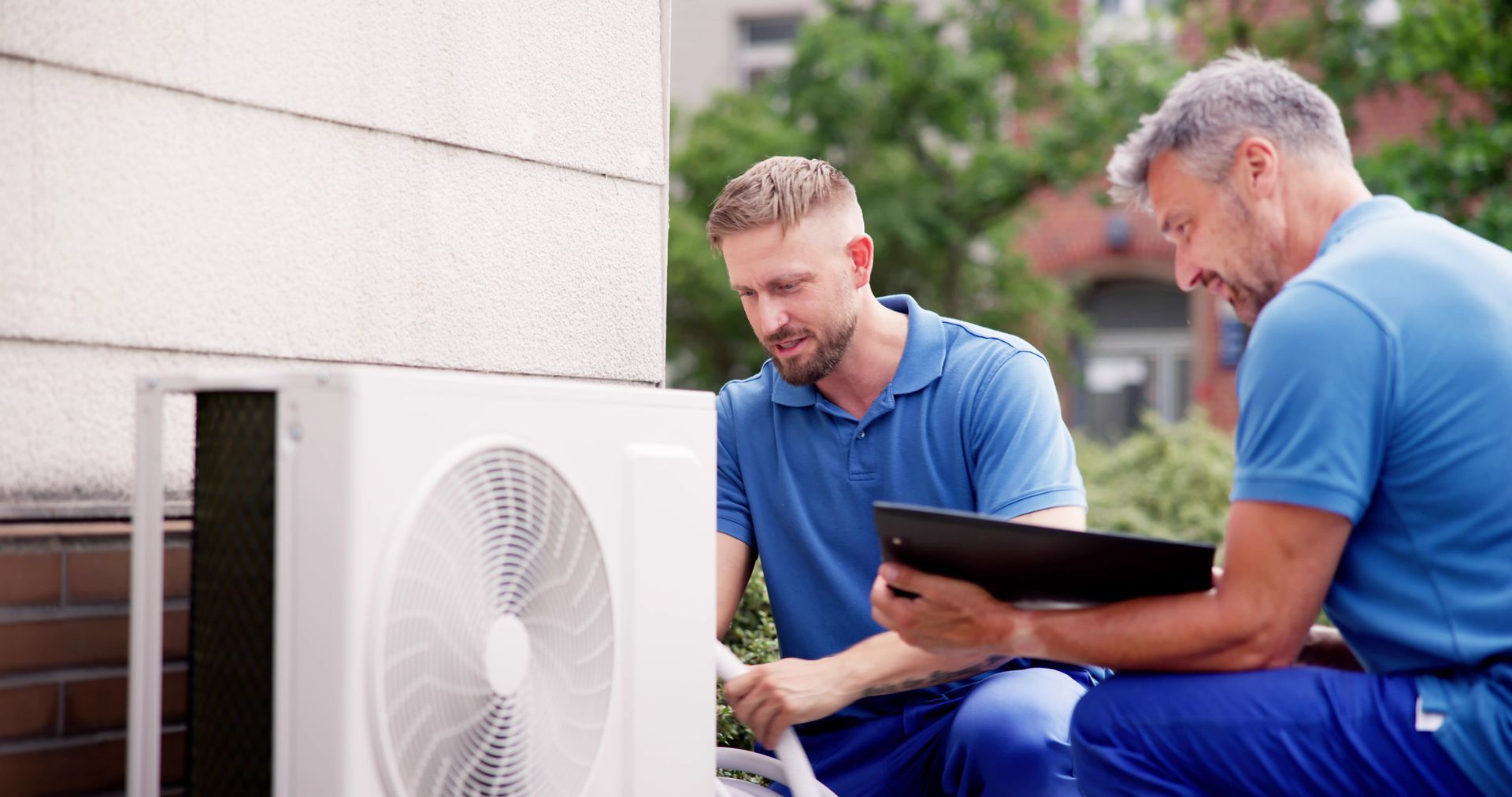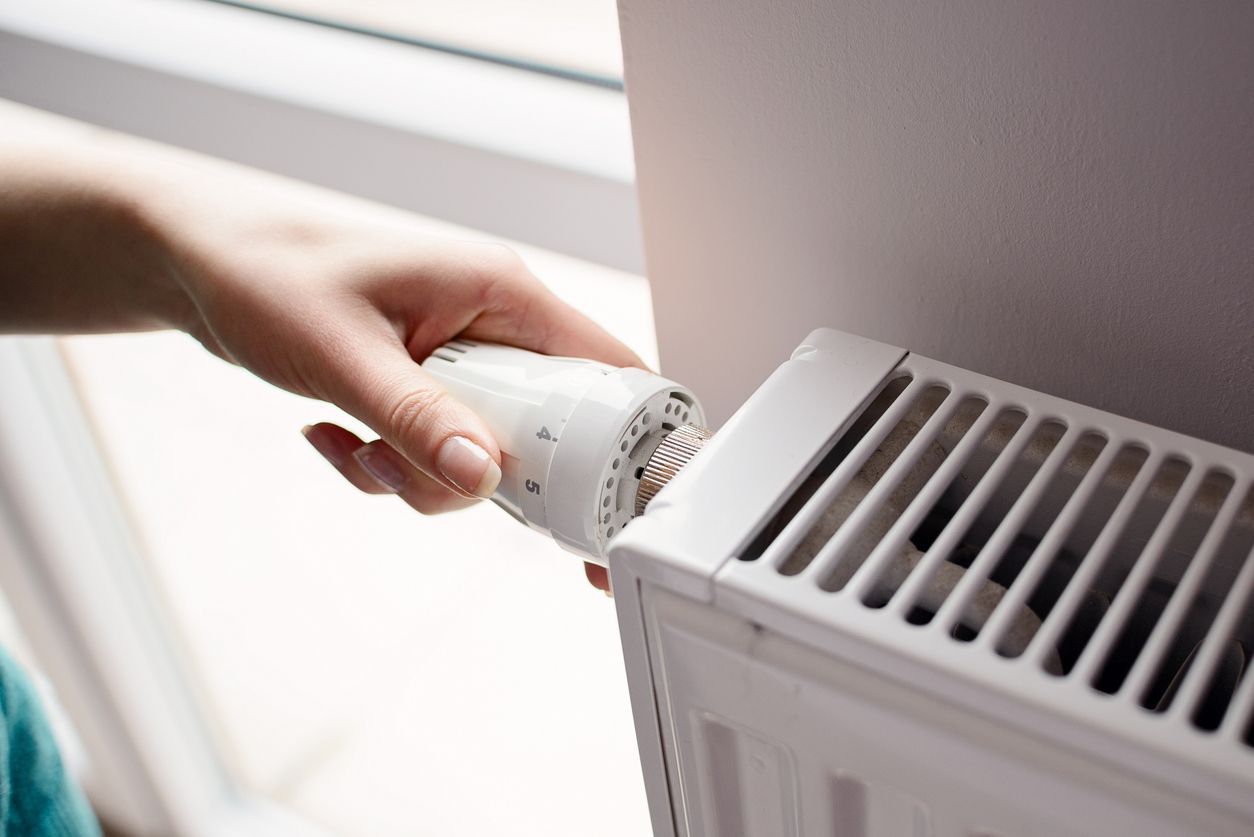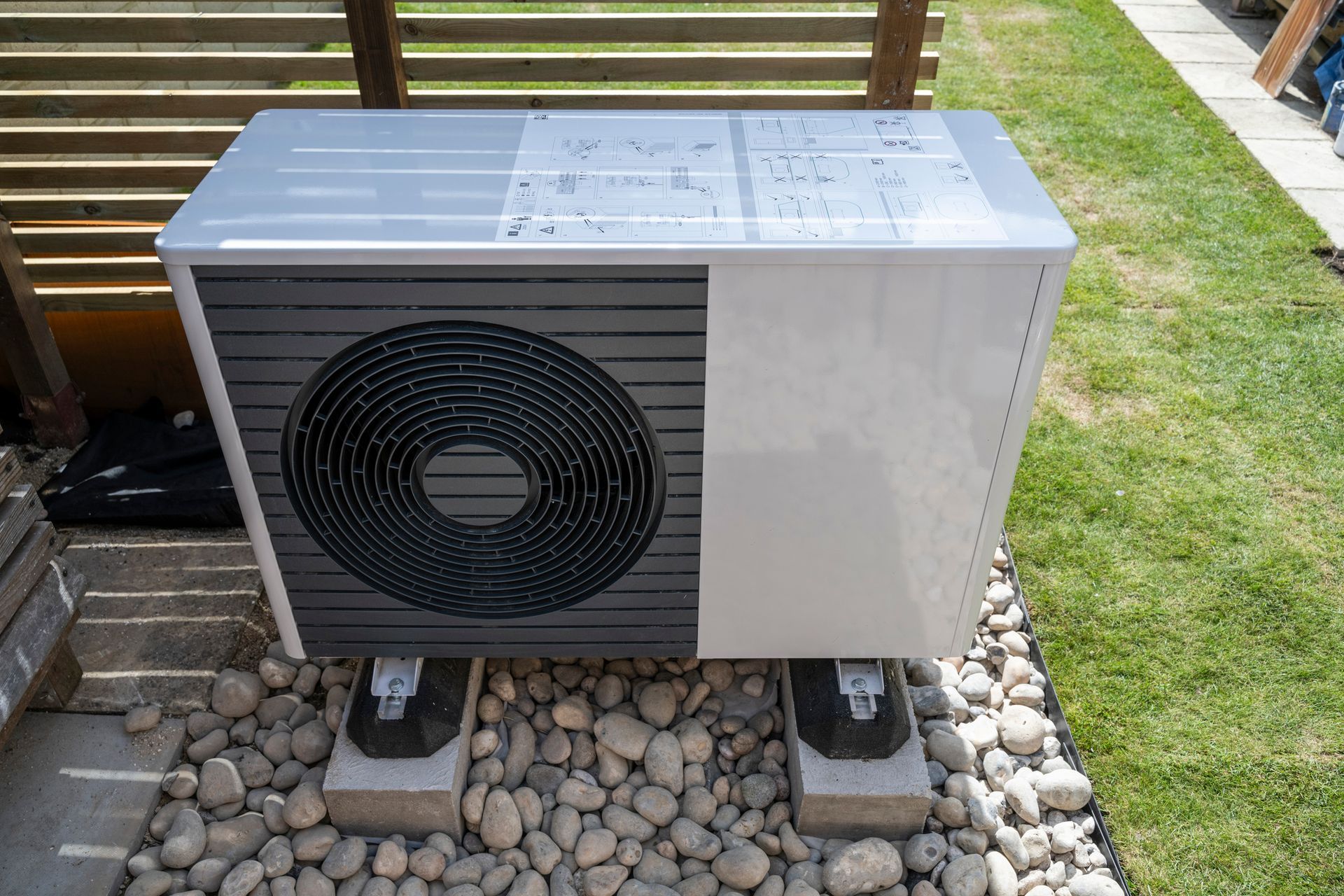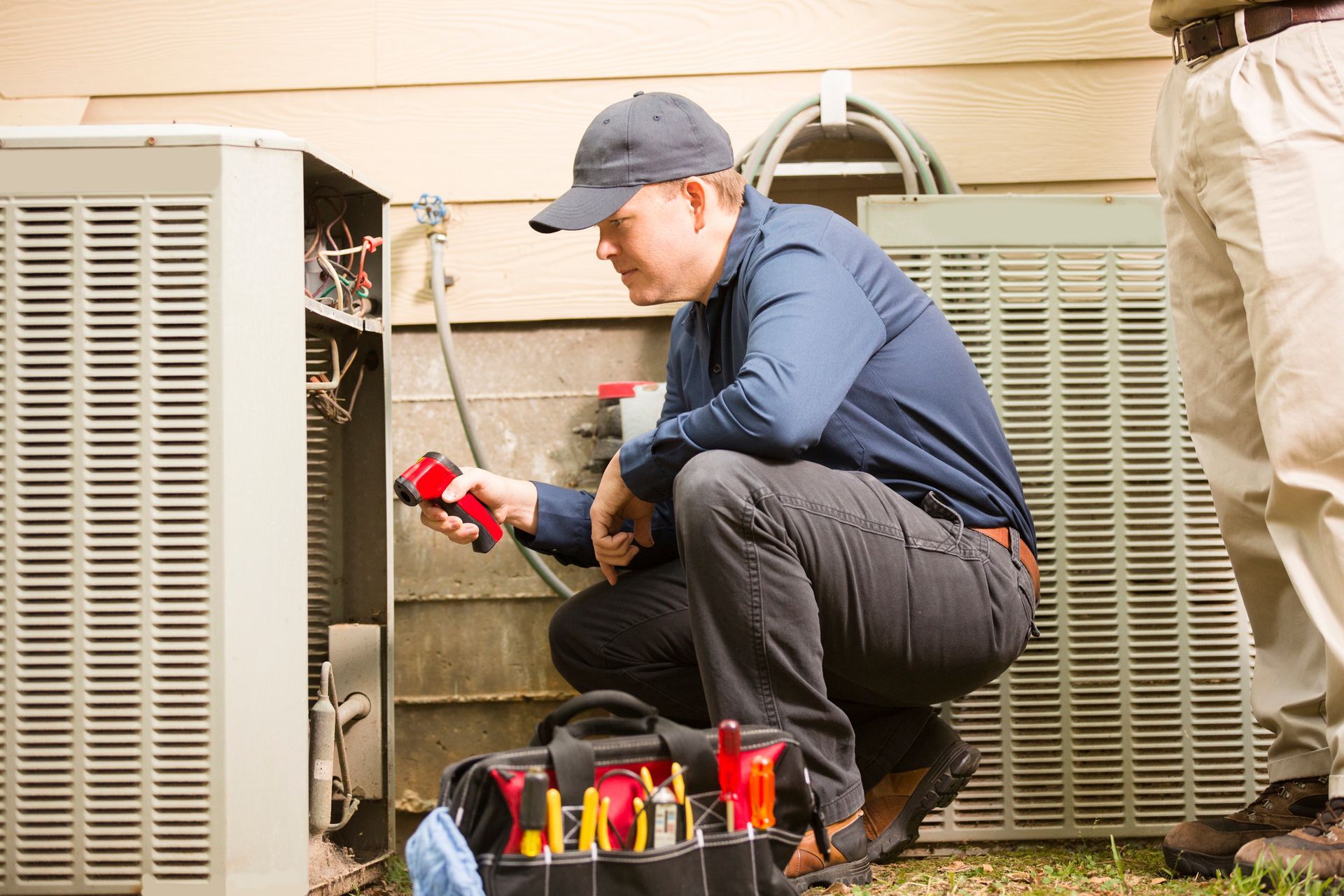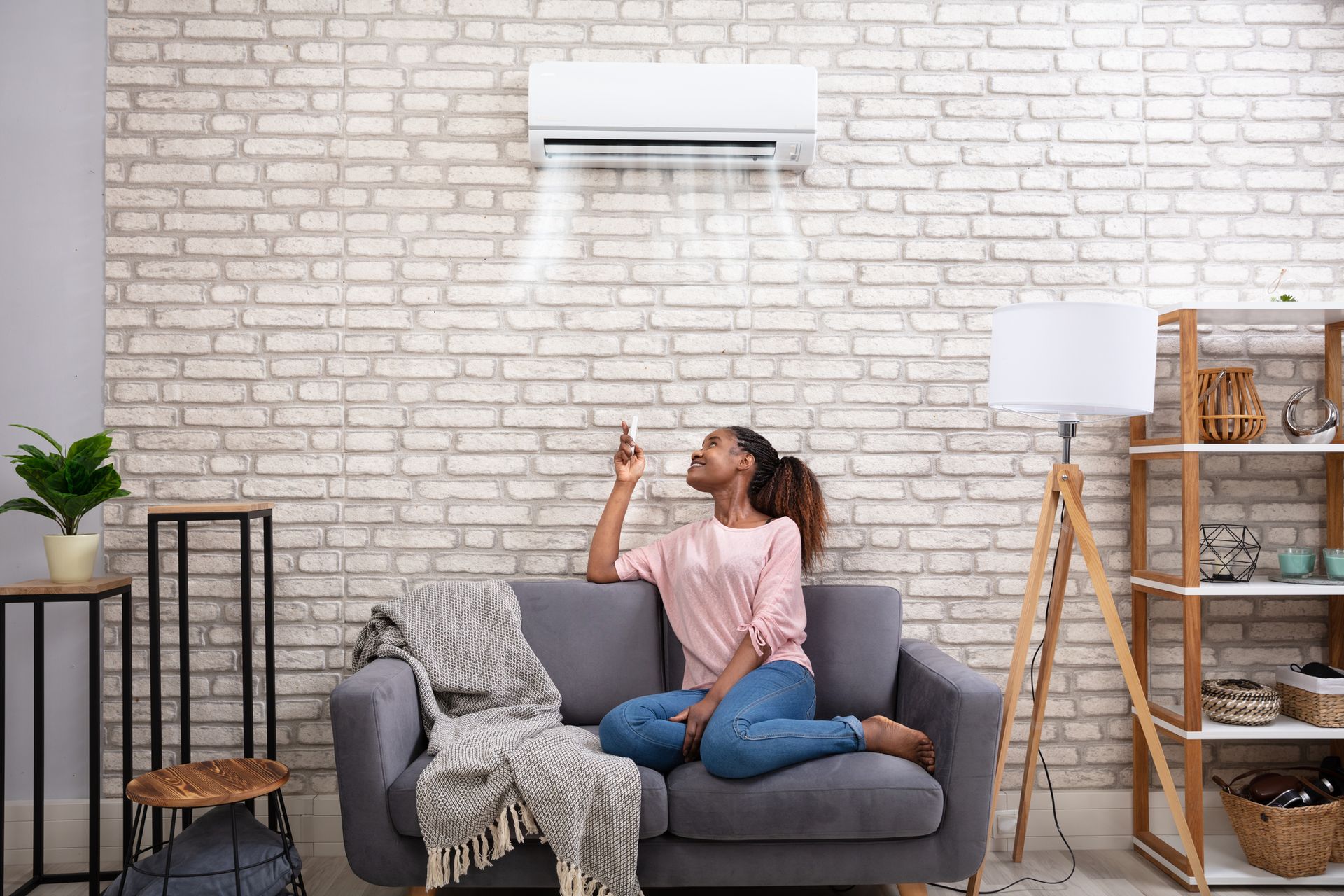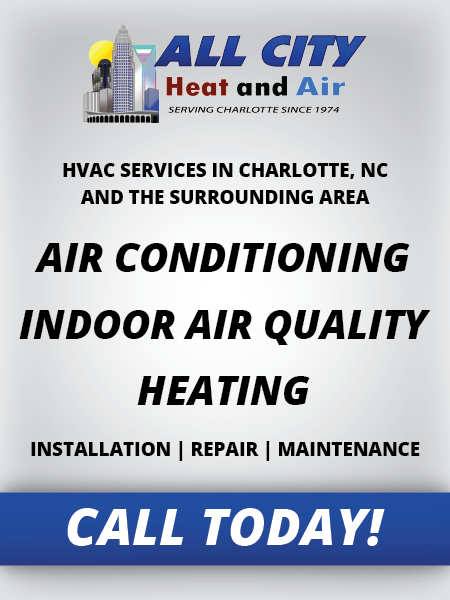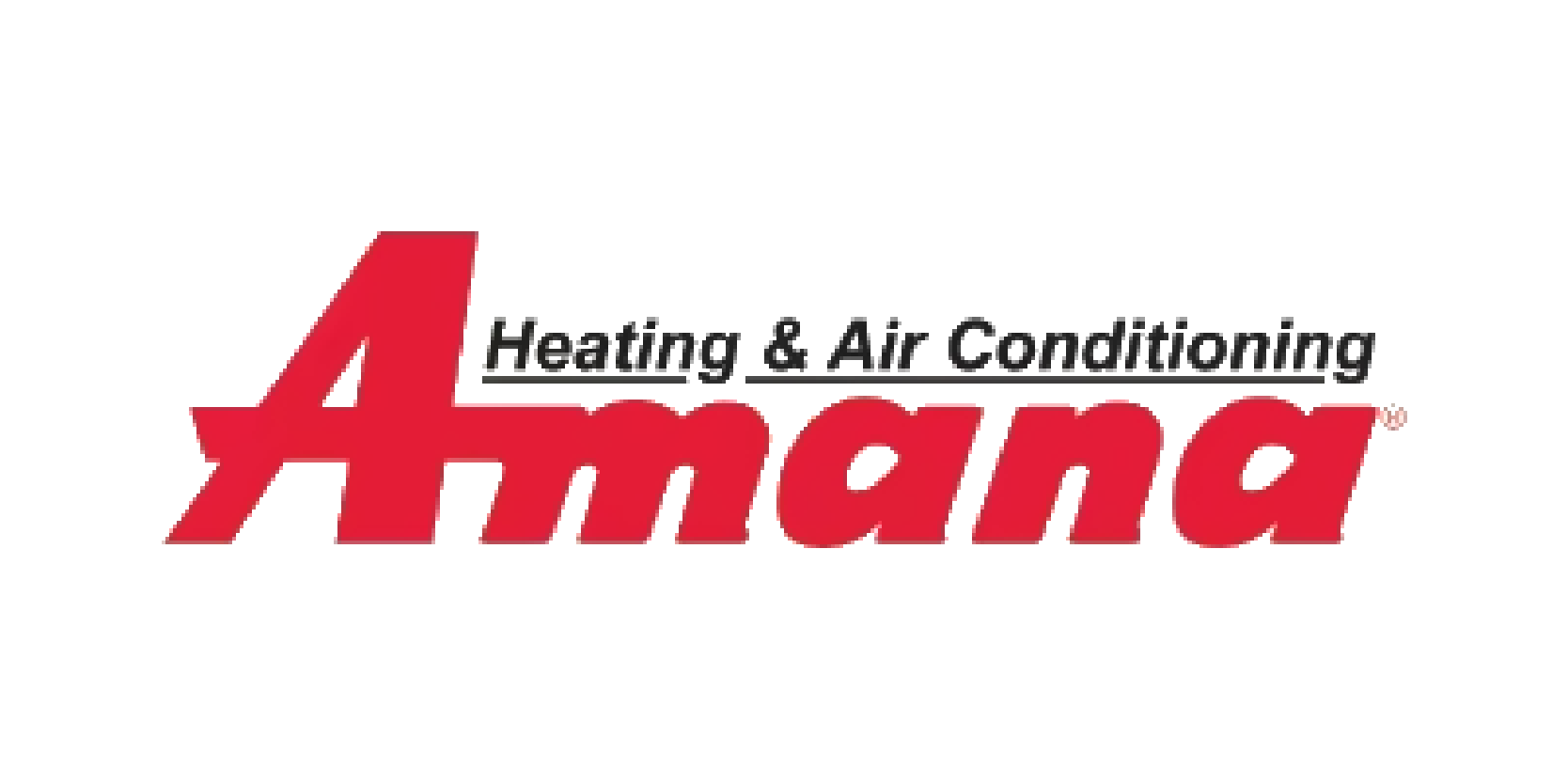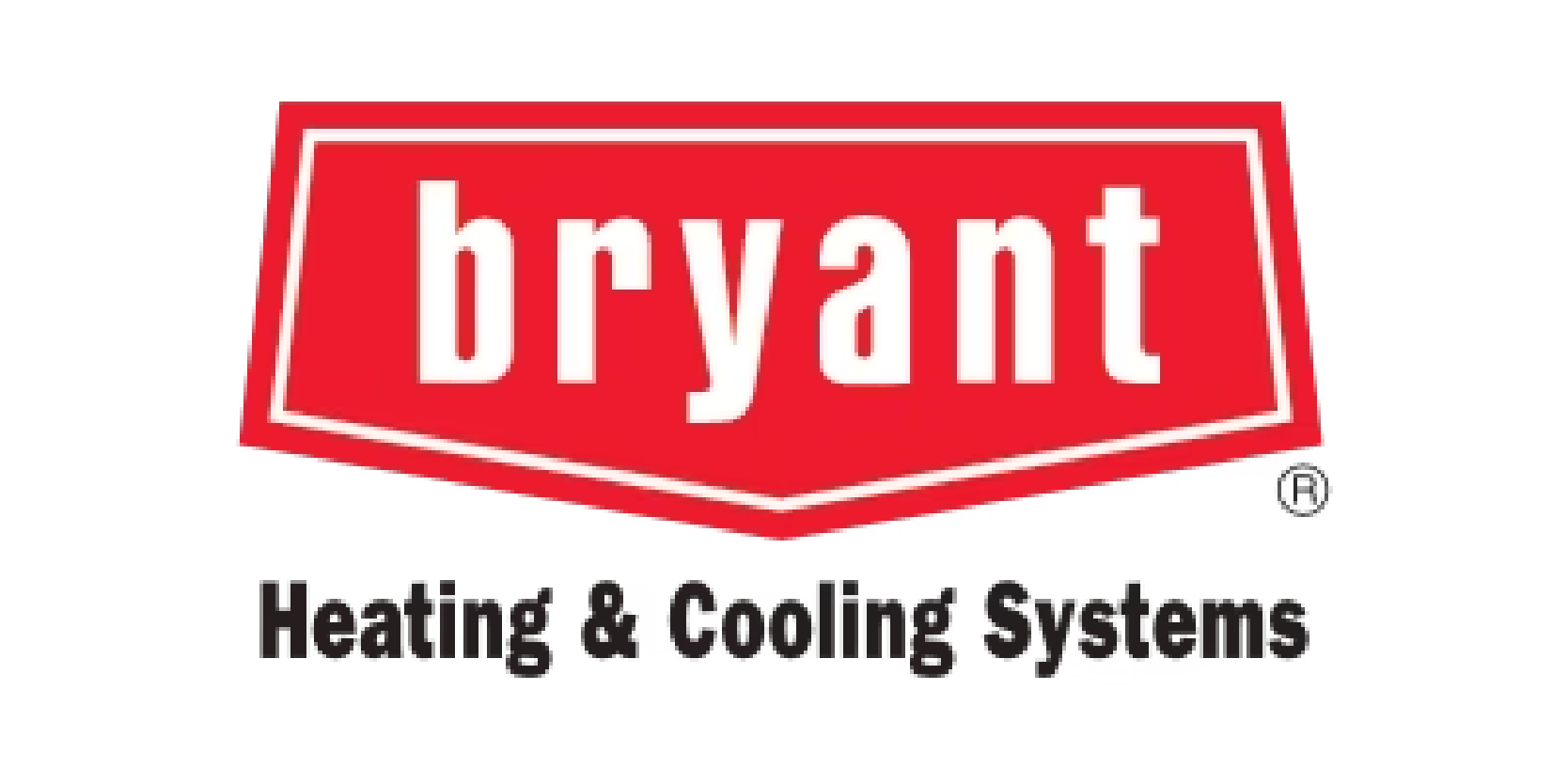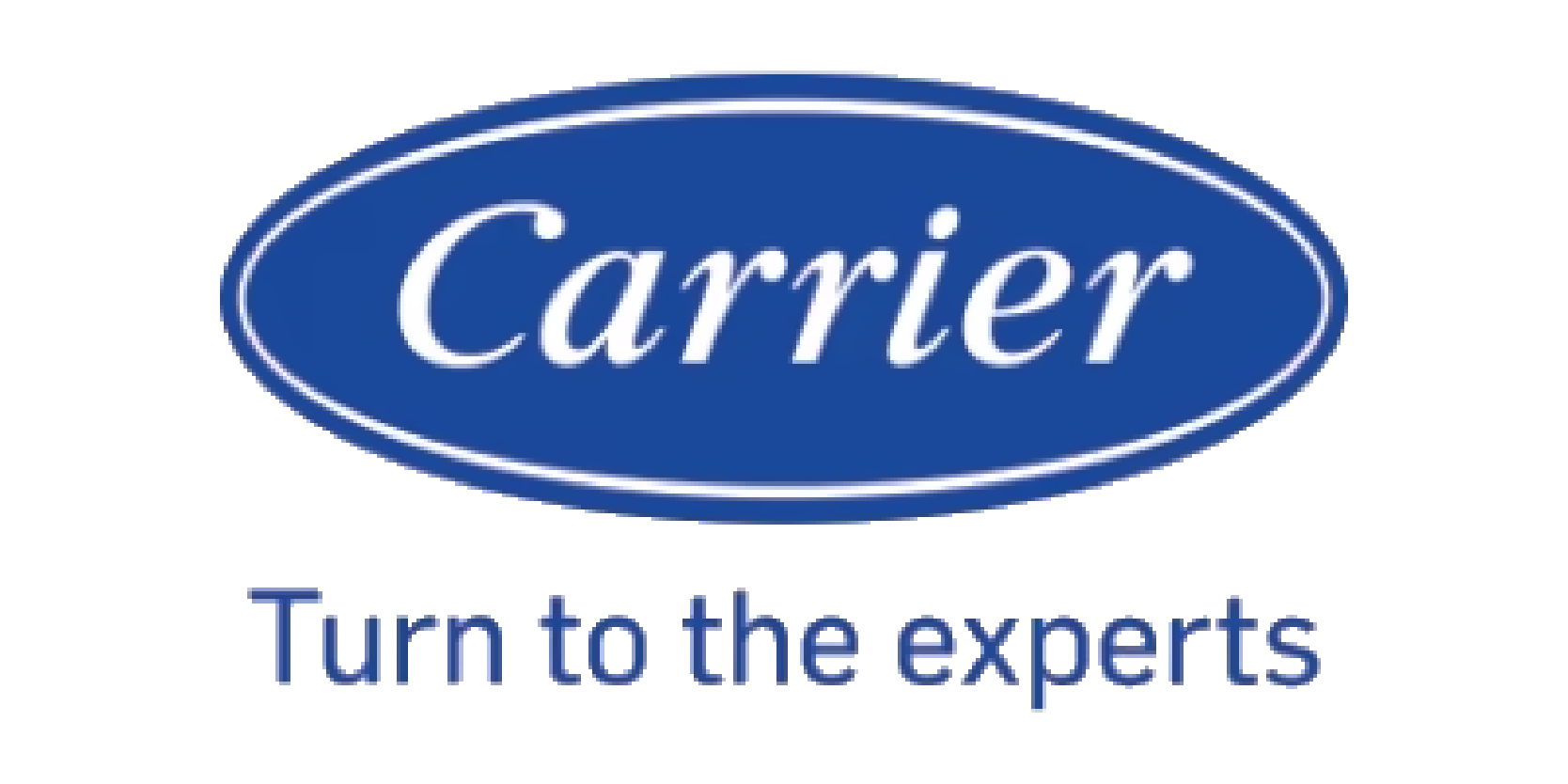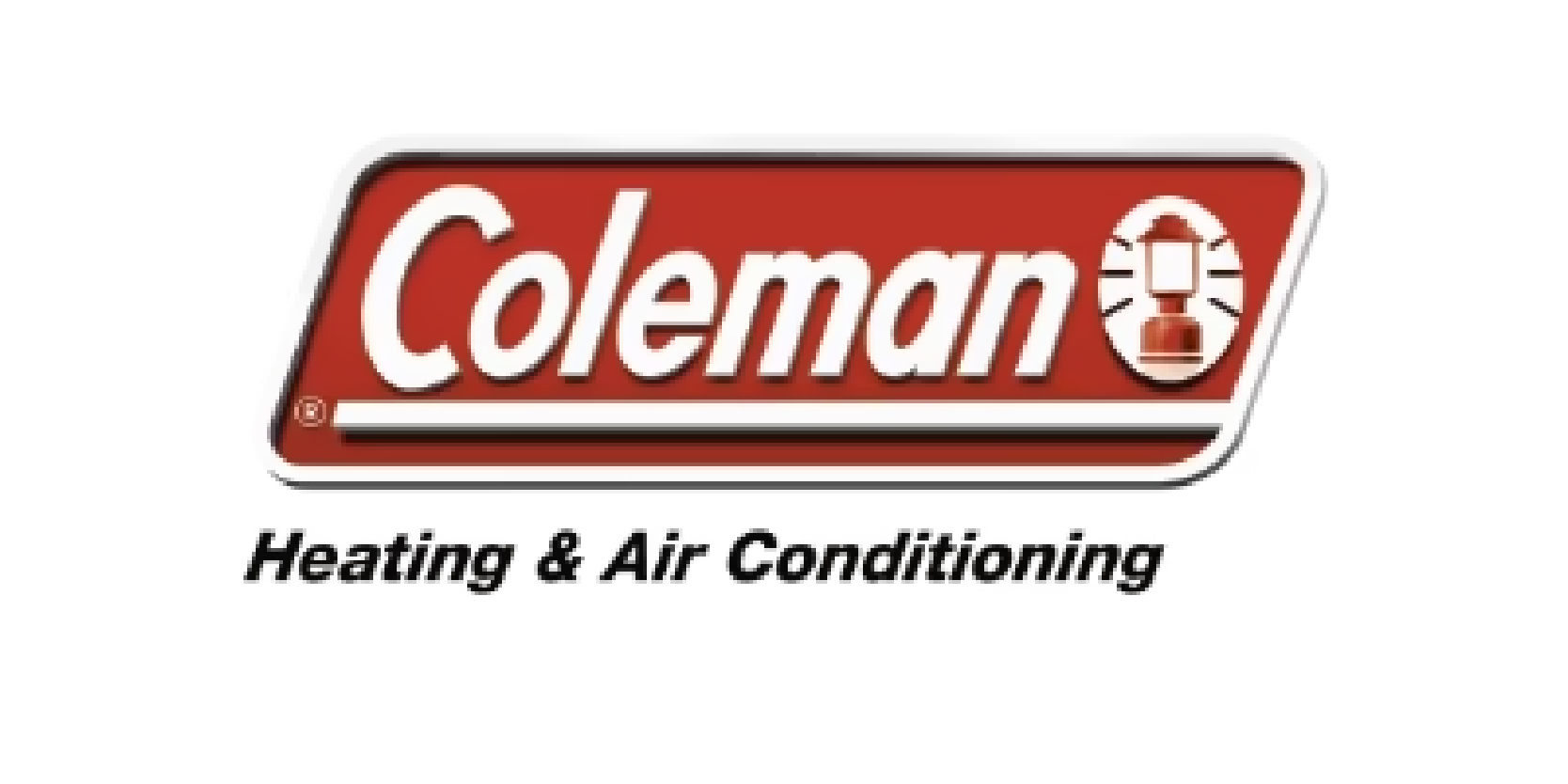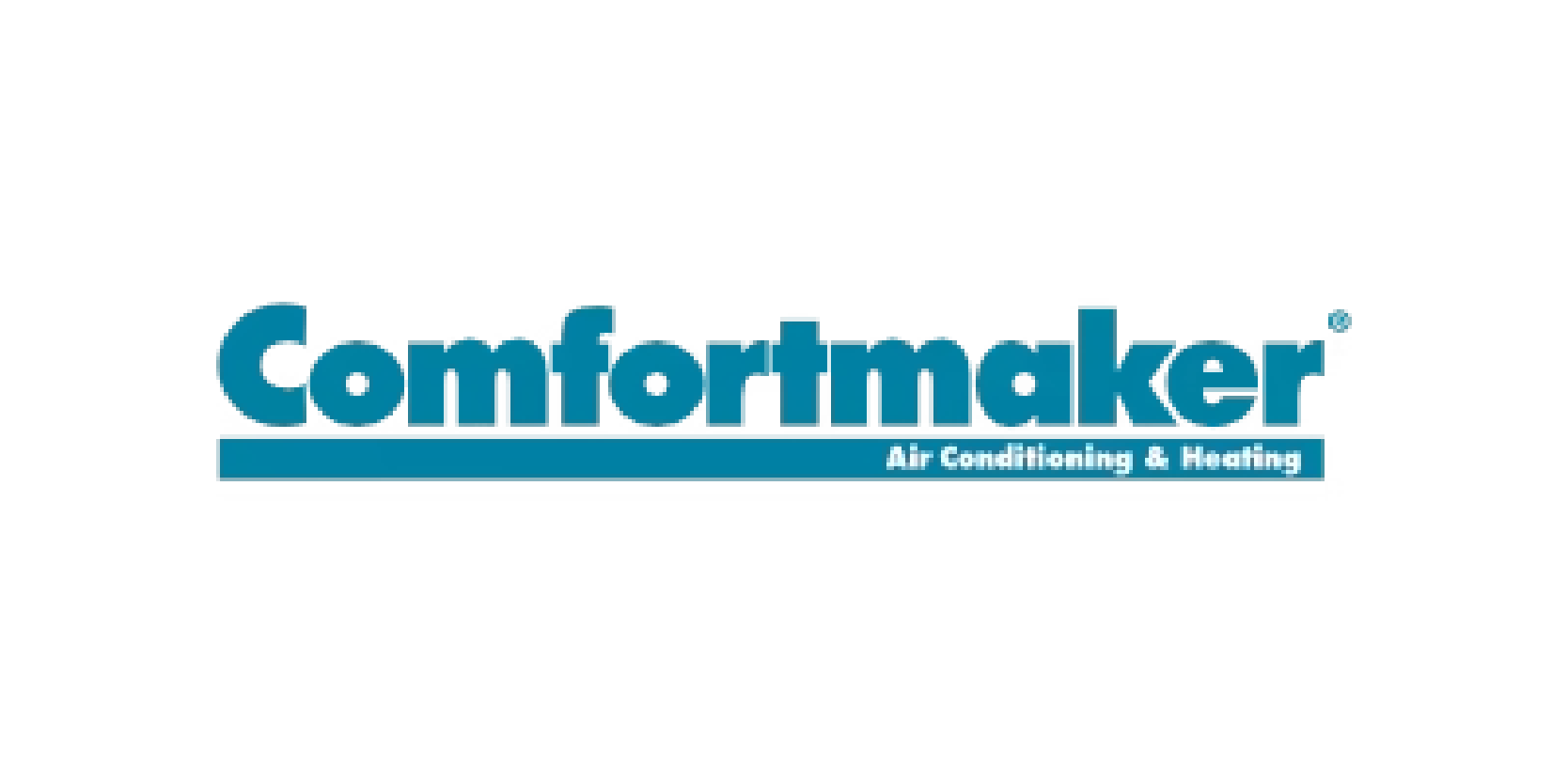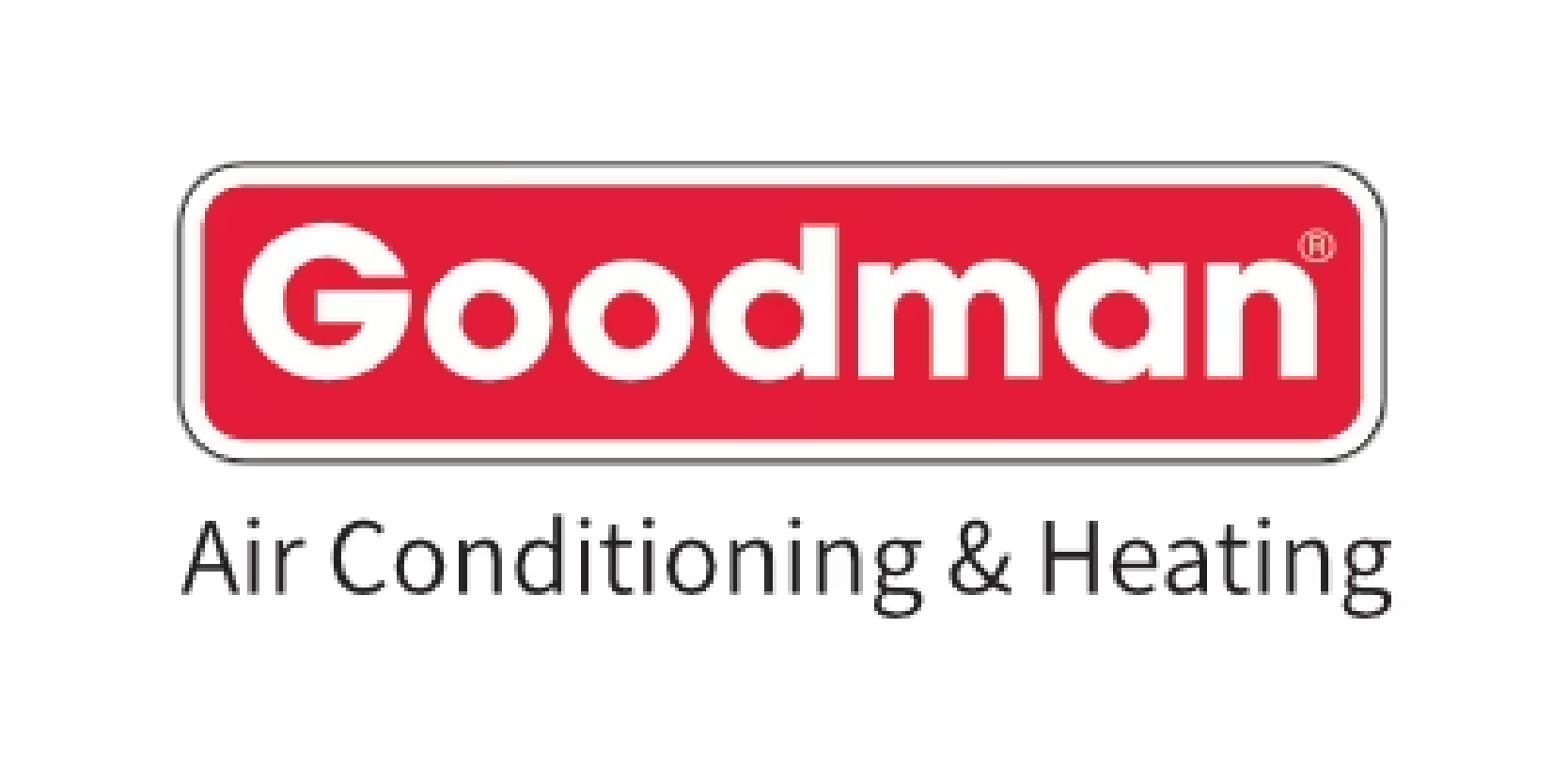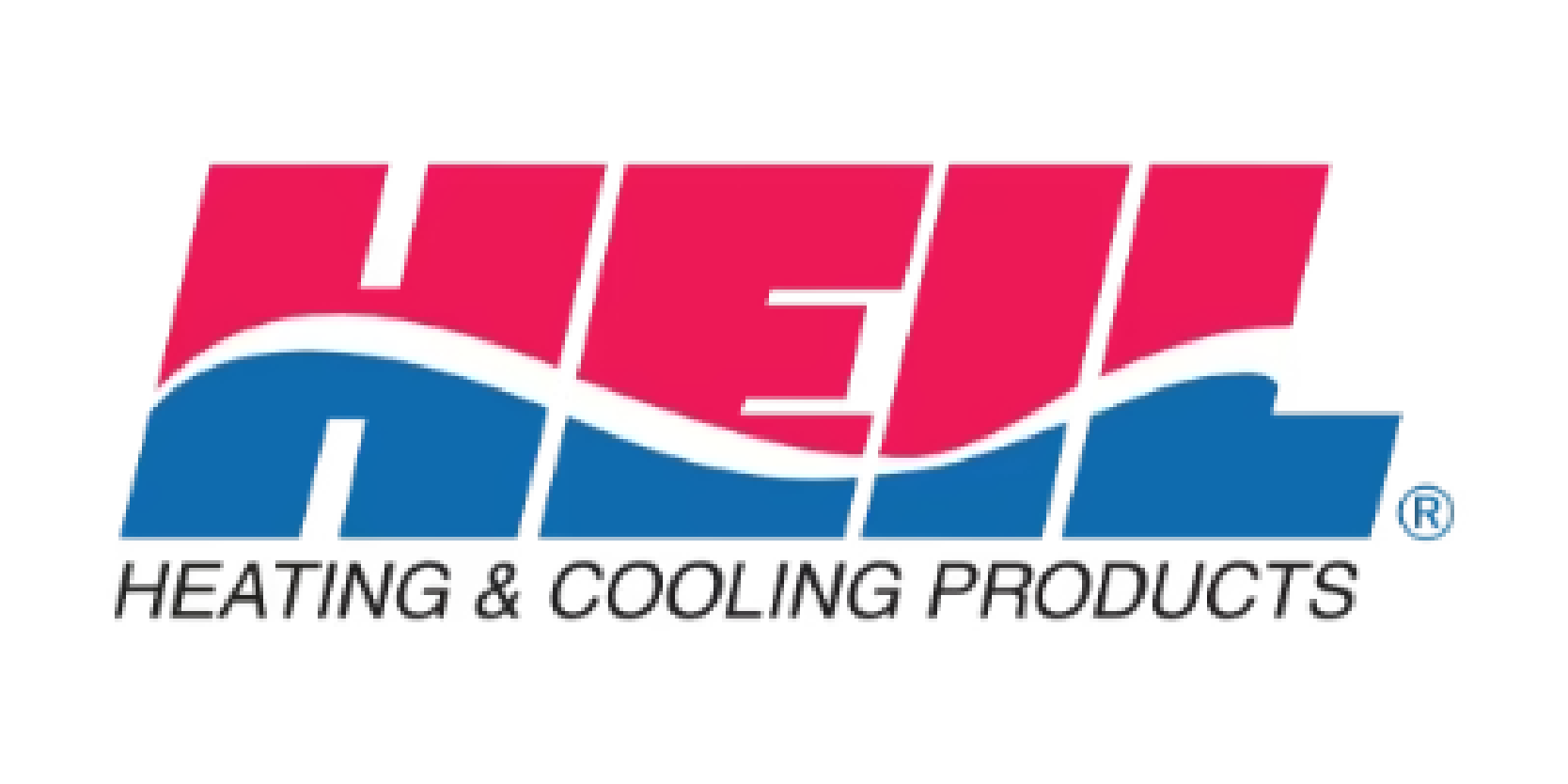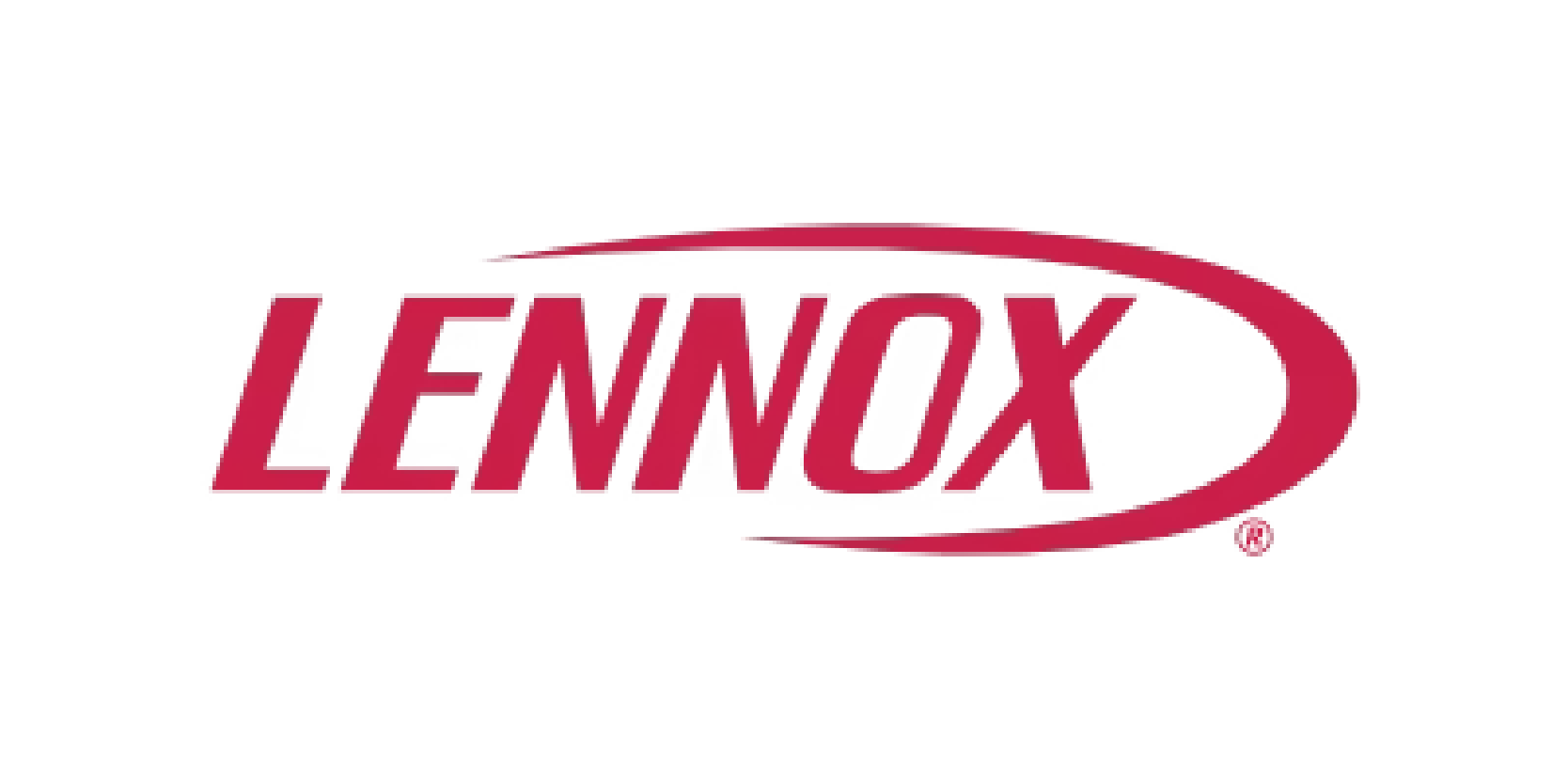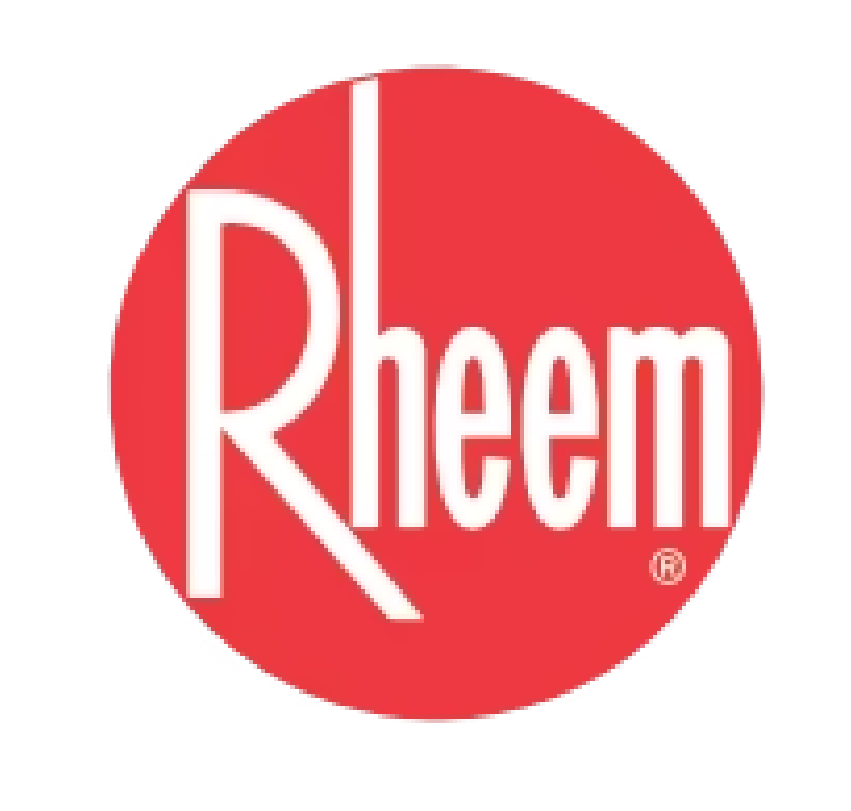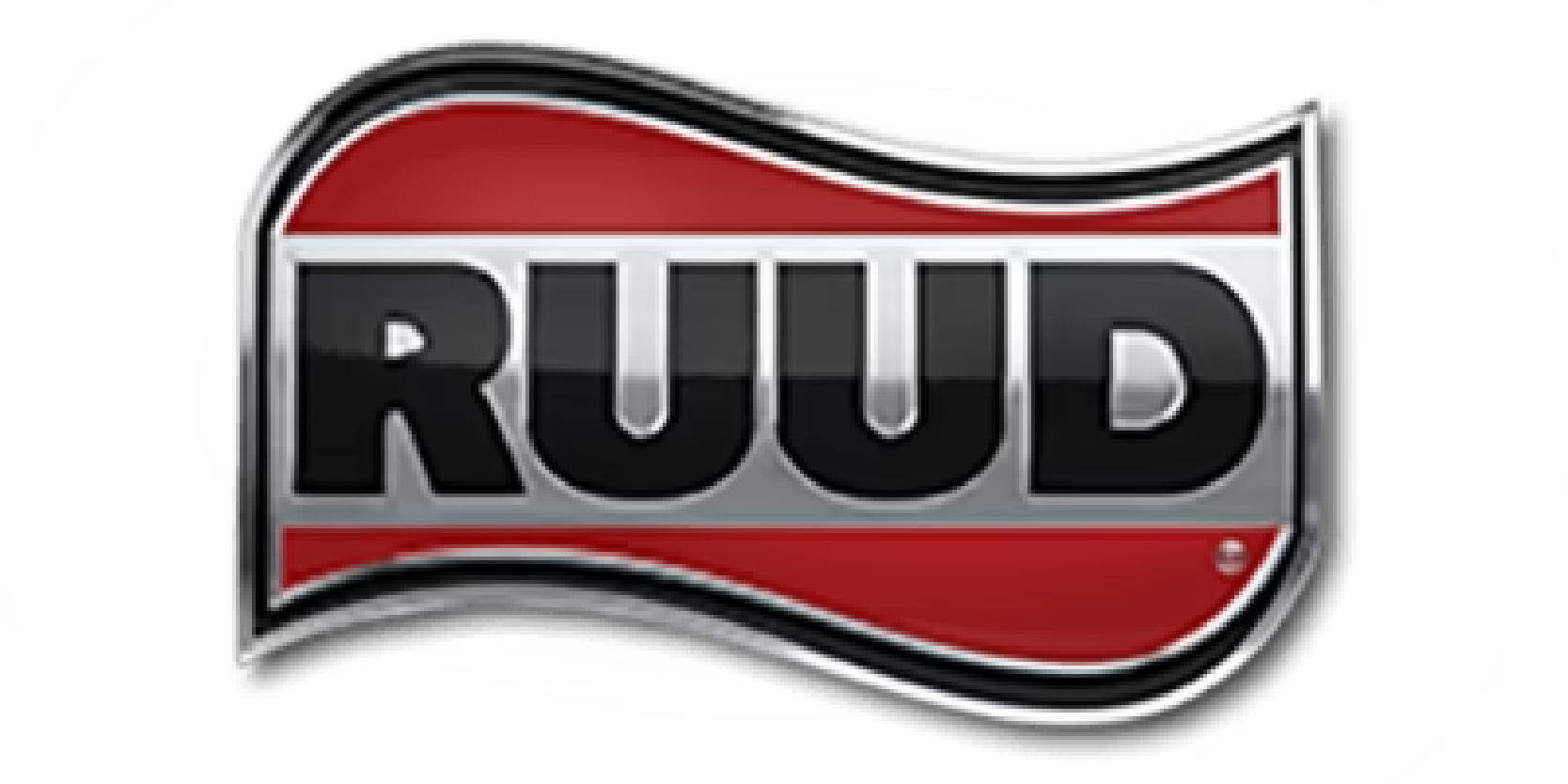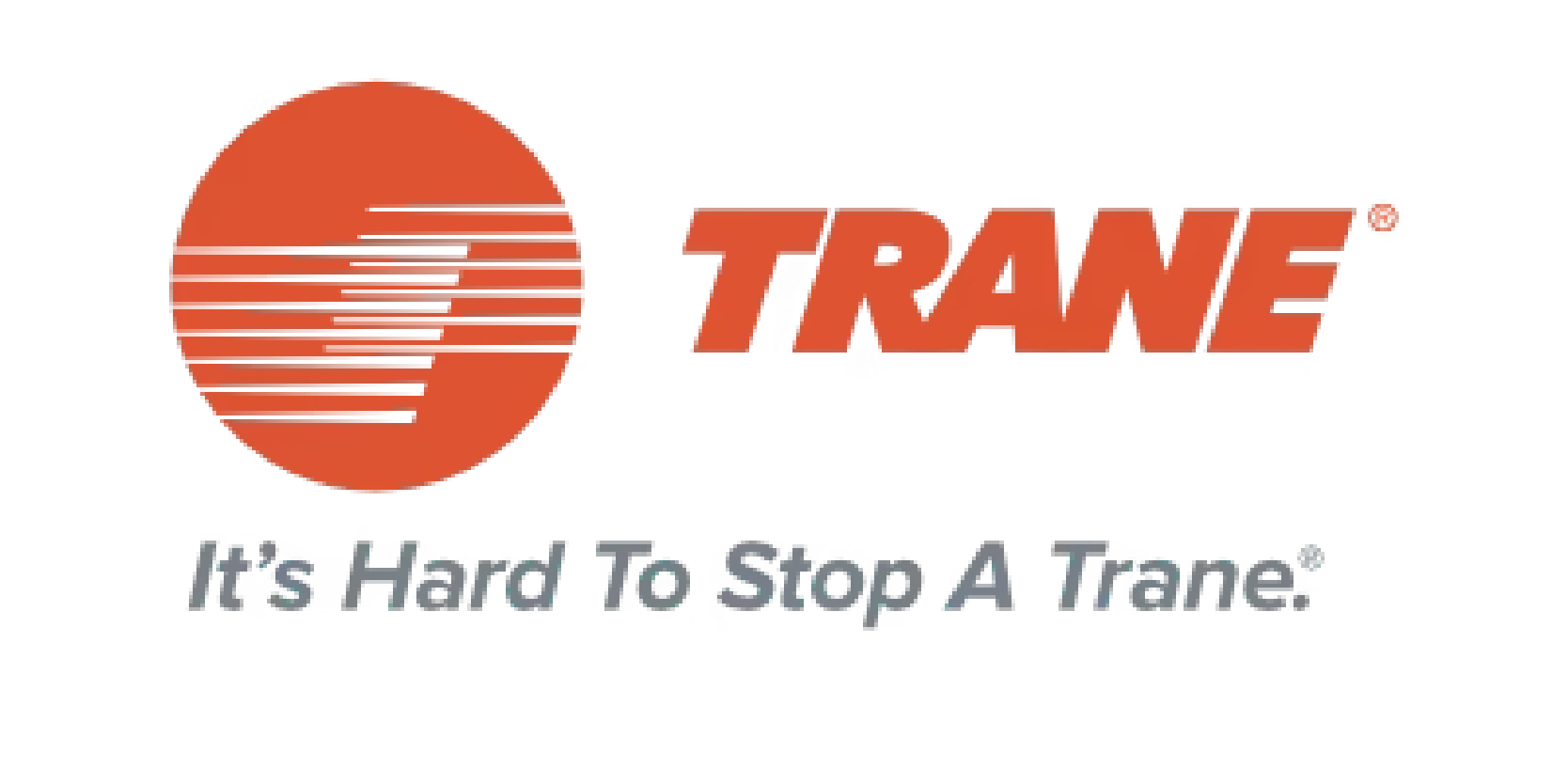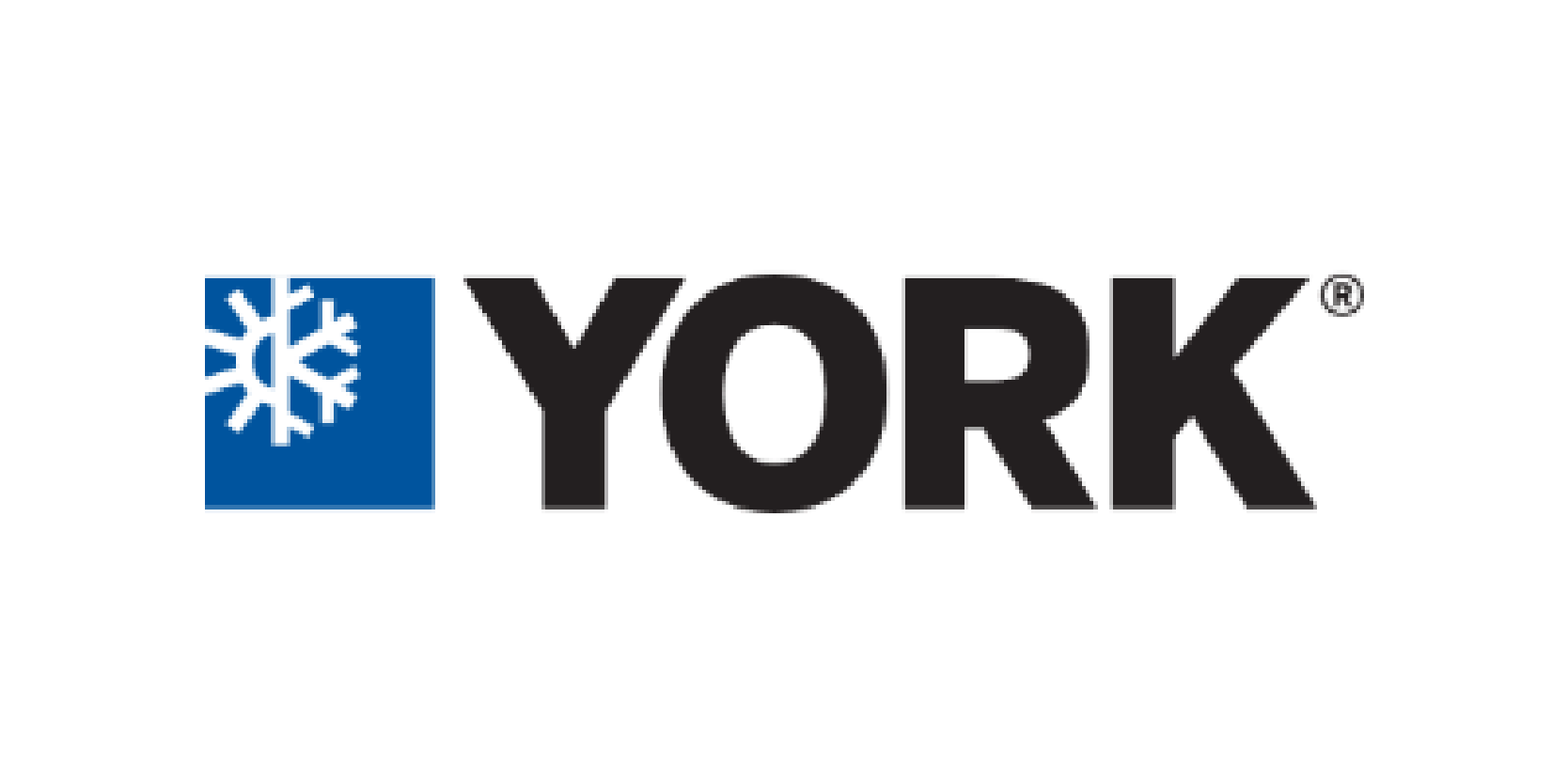
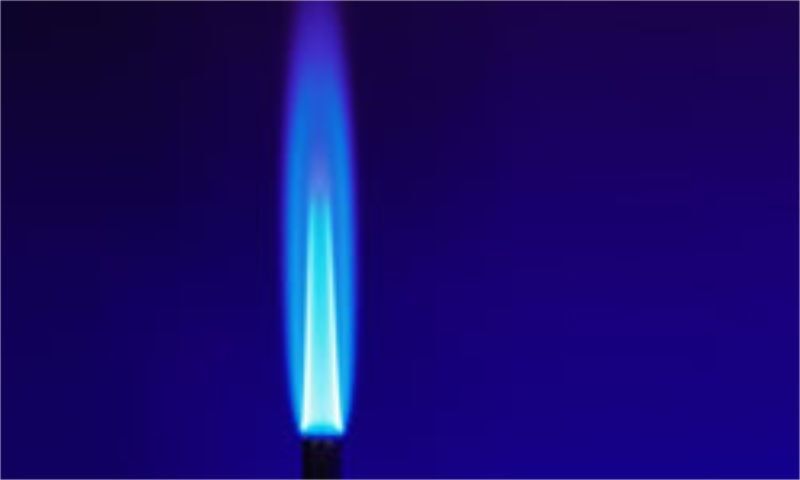
If you ever hear your gas furnace turn on but cannot feel any warm air blowing from the vents inside your North Carolina home, chances are the pilot light went out.
This issue happens more often than not with older furnaces, and it could be a sign you are ready to upgrade your Huntersville home’s heating and cooling system with a new model. At the 10-year mark, furnaces start to lose efficiency and begin breaking down more frequently.
Your utility bills, along with repairs, start creeping up. At some point, it makes more sense financially to replace these old appliances with newer models. When the time comes, All City Heat and Air can help you make the right decision. We install, replace, repair, and maintain all major brands of heating equipment.
Here are some basic guidelines involving your pilot light.
How Does My Furnace Pilot Light Work?
The purpose of the pilot light is to ignite the gas coming from your furnace’s main burner. If the pilot light flame ever goes out, your furnace has a safety valve that cuts the gas going to the pilot light so gas is not continuously escaping into your home.
So why does the pilot light go out? There are several common causes:
- There’s a problem with the flame: If your pilot light flame is more yellowish rather than bright blue, it’s an indication that something is affecting your pilot light to burn inconsistently. As a result of this happening, your furnace will shut off the gas to your pilot light.
- A breeze blew out the flame: This is probably the most common reason for your pilot light to go out. If this is the case, follow the furnace manufacturer guidelines in relighting the pilot light. If the pilot light remains unlit after numerous attempts, give us a call, and we can send out a certified technician.
- The thermocouple is damaged: The thermocouple is a safety device that detects whether or not the pilot light works. If the thermocouple is bent or broken, the pilot light will not stay on long enough to ignite the gas needed to provide warm air throughout your Huntersville home. You can try bending the thermocouple back into position or cleaning it off with fine grain sandpaper. If that fails, you may need to replace the thermocouple.
- Your furnace needs cleaning: A buildup of dirt and debris could prevent the pilot light from getting enough oxygen to burn consistently. Schedule a tune-up with All City Heat and Air to have our professionals inspect and clean your furnace today.
Maintaining Your Furnace
The annual heating and cooling costs in your Huntersville home typically account for approximately 43 percent of your total energy expenses , according to ENERGY STAR ® . It pays to keep this equipment in peak running condition.
If you want to get the most value out of your furnace—along with the rest of your heating, ventilation, and air conditioning (HVAC) equipment—develop a preventative maintenance plan. Scheduling annual tune-ups for your furnace, air conditioner, and heat pump allow our professionals to inspect and clean individual parts.
Preventative maintenance is a small investment that pays off through increased comfort and lower energy expenses. A maintenance plan also extends the service life of your HVAC equipment and helps minimize the chances of a costly and inconvenient repair.
Call Your Heating and Cooling Experts Today!
If the pilot light goes out on your furnace, it is something likely needing a repair. But it could also be an indication your furnace no longer operates sufficiently to warm your Huntersville, NC , home. Our professionals at All City Heat and Air are ready to lend a hand! Call 704-545-2000 or request service online today to learn more about pilot lights and other parts of your HVAC system.
The post Why Is the Furnace Pilot Light Going Out? first appeared on All City Heat and Air and is written by All City Heat and Air.
